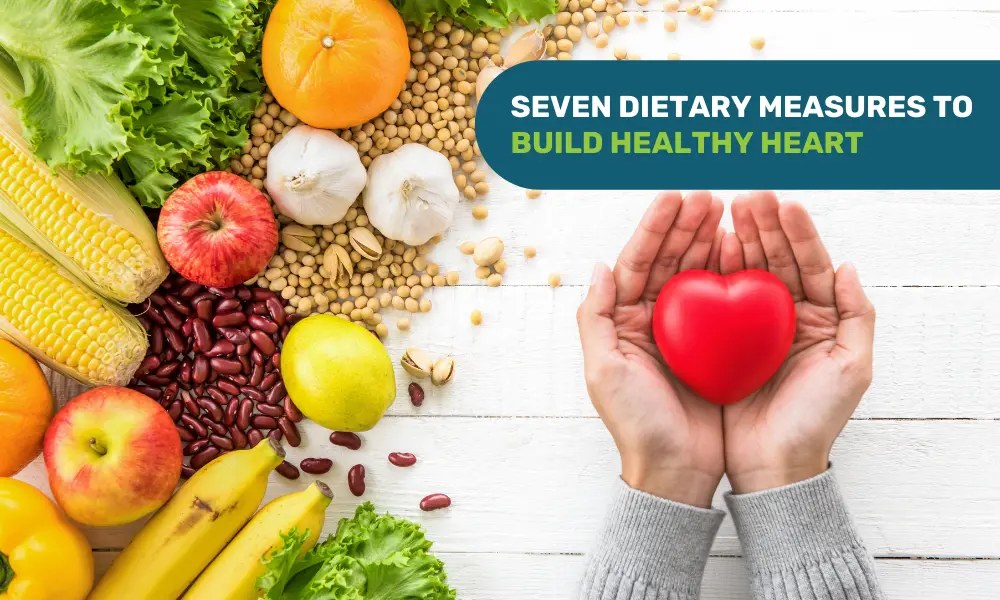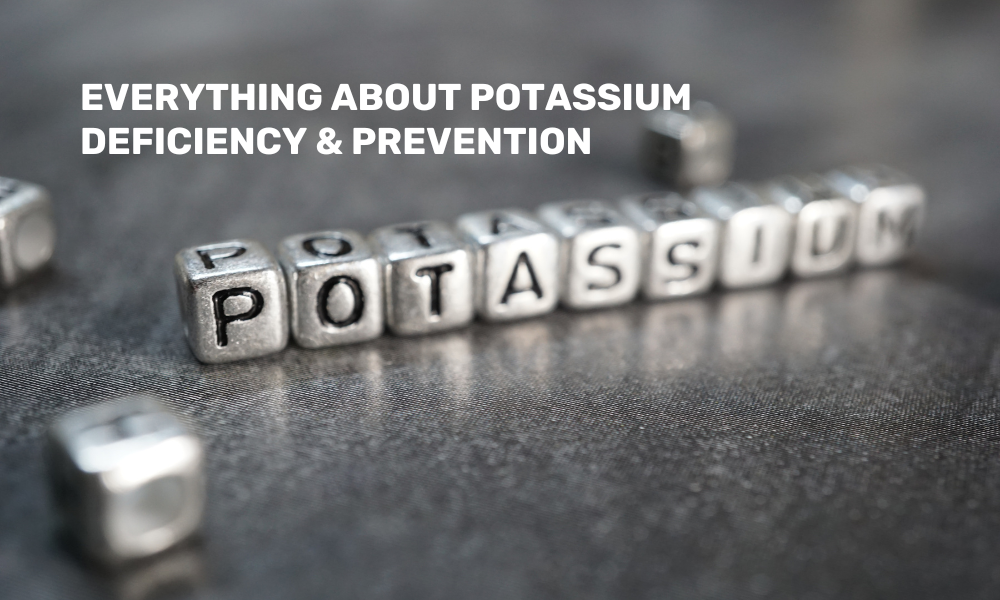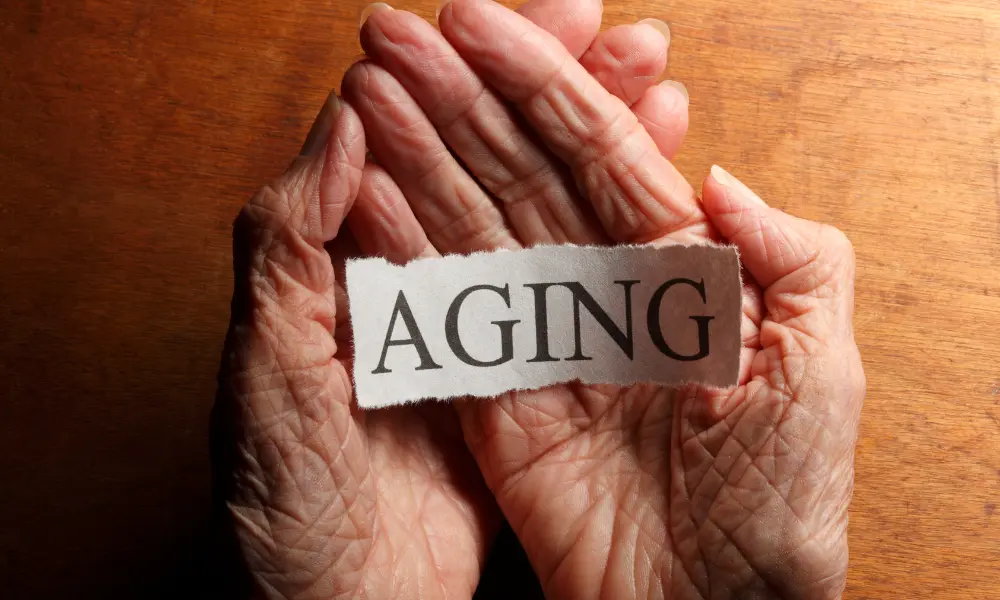High levels of cholesterol can be fatal for our heart health and impact the quality of our lives to a great extent. Therefore, managing cholesterol levels and adopting healthy dietary measures is vital for people with high cholesterol.
Cholesterol is a waxy fat-like substance in our blood that is produced naturally by our body. An excess of low-density lipoprotein (LDL) cholesterol can build up on the inner walls of our arteries. This accumulation of cholesterol and other substances forms plaques, which can narrow and block the arteries over time. The build-up of plaques in the arteries can restrict blood flow to the heart muscle. The reduced blood flow deprives the heart of oxygen and nutrients, leading to complications.
High or bad cholesterol can often cause heart-related problems and worsen overall health. It is also called a silent killer as it shows no symptoms and can be checked through tests by healthcare professionals.
Factors that can increase our risk of unhealthy cholesterol levels include:
-
Obesity. Being overweight or obese is the highest risk factor. A body mass index (BMI) of 30 or greater puts us at an increased risk of developing high cholesterol.
-
Lack of exercise. Exercise helps us boost the body’s HDL, thereby allowing control of LDL.
-
Poor diet. Overeating saturated fat or trans fats can result in unhealthy cholesterol levels. Saturated fats are often found in fatty cuts of meat and full-fat dairy products. Trans fats are found in packaged snacks or desserts.
-
Smoking. Cigarette smoking may lower our level of HDL, thereby increasing LDL cholesterol.
-
Alcohol. Drinking too much alcohol can increase your total cholesterol level.
-
Age. Even young children can have unhealthy cholesterol, but it’s much more common in people over 40. As you age, your liver becomes less able to remove LDL cholesterol.
Lifestyle and diet need to be focused on to treat this condition naturally. If an individual suffers from high cholesterol, they must keep a closer eye on what they eat. This article will discuss dietary changes one can implement to reduce high cholesterol levels naturally.
Seven Easy-to-Follow Diet Changes to Lower High Cholesterol Levels
-
Healthy Fats: One must opt for unsaturated fats, especially monounsaturated fats and polyunsaturated fats found in olive oil, canola oil, avocados, and nuts. Limit the intake of saturated fats found in red meat, full-dairy products, and tropical oils.
-
Increase Soluble Fiber: Foods high in soluble fiber help Lower LDL cholesterol. One must include sources like oats, barley, leans, utensils, fruits, and vegetables in the diet.
-
Limit Dietary Cholesterol: While dietary cholesterol doesn’t affect everyone the same way, limiting high-cholesterol foods like organ meats, egg yolks, and shellfish is a good idea.
-
Lean Proteins: One must choose lean protein sources such as skinless poultry, fish, beans, and tofu.
-
Control Portion size: Controlling portion size helps manage calorie intake, contributing to weight management and lowering cholesterol levels.
-
Choose Whole Grains: One must replace refined grains with whole wheat, brown rice, quinoa, and oats. Whole grains are high in fiber, which can help lower cholesterol levels.
-
Limit Added Sugar and Processed Foods: Processed foods often contain unhealthy fats, added sugars, and excess sodium. These can contribute to high cholesterol and other health issues.
Apart from incorporating the above measures, one must avoid certain foods as they are the worst foods for high cholesterol, given their high saturated fat content; these include:
-
Red meat, like beef, pork, and lamb, and processed meats like sausage.
-
Fried foods.
-
Baked goods and sweets.
-
Butter and Tropical oils such as coconut oil and palm oil
-
Full-fat dairy, like cream, whole milk, and butter.
Preventive measures can help one manage cholesterol and build a strong and healthy heart. The key is consistency and being accurate in the dietary measures we take. For customized and expert dietary advice, CLICK HERE.





